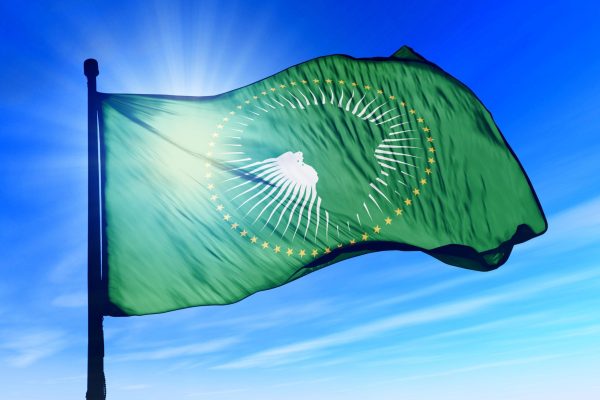The Permanent Mission to the African Union (AU) in Addis Ababa, Ethiopia, is responsible for the effective coordination and implementation of South Africa’s Foreign Policy within the Union guided by mandating environment that includes primarily the Constitution of the Republic of South Africa; the vision set out in the National Development Plan: Vision 2030; the AU Agenda 2063; the United Nations (UN) 2030 Agenda for Sustainable Development Goals; and relevant regional and international treaties and agreements.
The African Union (AU) is a continental body consisting of 55 member states and it was officially launched in 2002 as a successor to the Organisation of African Unity (OAU, 1963-1999).
Accordingly, the Permanent Mission plays an active role in the Policy Organs, Specialised Agencies, Institutes and structures of the AU to advance the Union’s vision for the continent’s development and integration as encapsulated in Agenda 2063 (Agenda 2063: The Africa We Want. | African Union (au.int)) predicated on the principles of good governance, respect for human rights, justice, and the rule of law.
Within the framework of the Department of International Relations and Cooperation (DIRCO) 2020-2025 Strategic Plan, “Building a better Africa”, the Mission continues to support multilateralism to resolve conflicts through operationalisation of the Africa Governance Architecture (AGA) and African Peace and Security Architecture (APSA) amongst others.
The Permanent Mission to the United Nations Economic Commission for Africa (UNECA) is responsible coordination and implementation of South Africa’s foreign policy, supporting the mandate of UNECA in its endeavor to promote economic and social development in Africa, guided by mandating environment that includes primarily the Constitution of the Republic of South Africa; the vision set out in the National Development Plan: Vision 2030; the AU Agenda 2063; the United Nations (UN) 2030 Agenda for Sustainable Development Goals; and relevant regional and international treaties and agreements.
Established by the Economic and Social Council (ECOSOC) of the United Nations (UN) in 1958 as one of the UN’s five regional commissions to promote the economic and social development, foster intra-regional integration, and promote international cooperation for Africa’s development.
South Africa’s engagement with UNECA is essential for promoting economic and social development in the Continent. Through collaboration with UNECA, South Africa enhances its policy coordination, capacity building, knowledge sharing, advocacy, and regional integration, contributing to the sustainable development of the continent.


